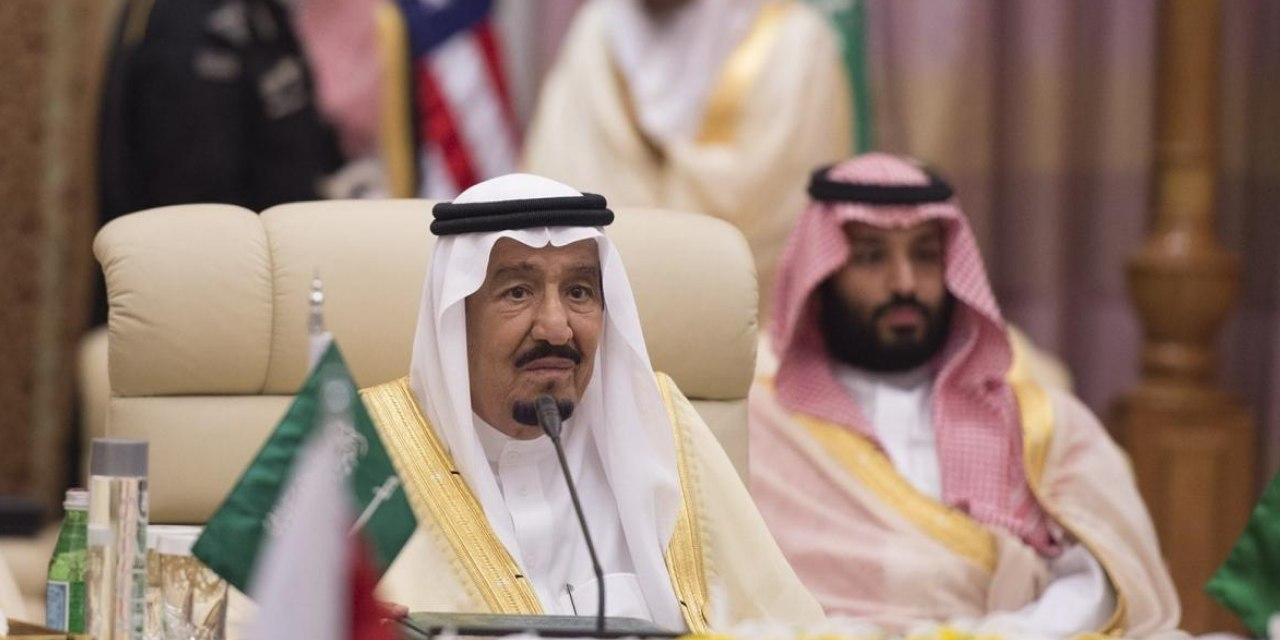
23 April 2020 marks the anniversary of the mass execution of 37 people in Saudi Arabia.
The massacre targeted those accused of both violent and non-violent crimes including those related to participating in demonstrations and the exercise of legitimate rights, and showed the true face of a Saudi Arabia that has repeatedly promised to respect human rights reforms. It flies in stark contrast against the promises of Saudi Arabia’s Crown Prince Mohammed bin Salman, who has repeatedly committed his government to reducing executions.
Many of these executions take place against the backdrop of other human rights violations. ESOHR documents that violations of victims’ rights often begin from the moment of their arbitrary detention, continue through torture and ill-treatment during the investigation, flourish in unfair trials and denial of the right to self-defense, and finally result in arbitrary executions.
Ahmed Hassan Ali al-Rabee, Muhammad Mansour al- Nasser, Ahmed Faisal al-Darwish, Jaber Zuhair al-Marhoun, Hussain al-Rabee, Hussein al-Muslim, Haider al-Leef, Saeed al-Skafi, Salman al-Quraish, Abdul Aziz al-Sahwi, Abdul Karim al-Hawaj, Abdullah al-Sareh, Abdullah al-Tarif, Fadel al-Labbad, Mojtaba al-Suwaiket, Mustafa al-Darwish, Muntazir al-Subaiti, Munir al-Adam, Hadi al-Hazeem, Muhammad al-Khatim, Ahmed al-Aradi, Abdullah al-Aujan.
22 young men were executed by the Saudi government during the massacre. ESOHR has documented that all of them were arrested for practicing legitimate rights, including participating in demonstrations and chanting anti-government slogans. Other criminal charges or charges of violence were found, but all of them underwent a flawed and non-independent judicial system, which largely departs from the conditions for fair trials, in addition to being forced to sign them under the torture.
Saudi Arabia executed six minors in the April massacre. Among these young men were Abdul Karim al-Hawaj, Saeed al-Skafi, Salman al-Quraish, Mojtaba al-Swaiket, Mustafa al-Darwish, Abdul Aziz Sahwi, were minors when they were arrested or at the time of the charges against them. They, too, were subjected to numerous violations, including torture and ill treatment.
Besides the youths, the government also executed 11 citizens whom the Saudi government accused for spying for Iran, including Hussein al-Hamidi, Hussain Qasim al-Aboud, Salem al-Harbi, Talib Muslim al-Harbi, Taher Muslim al-Harbi, Abbas Haji al-Hassan, Ali Hassan al-Ashour, Ali Hussein al-Muhanna, Muhammad Hussein al-Ashoor, Muhammad Abdul al-Ghani Attieh, Youssef al-Omari. ESOHR In several reports documented the lack of justice in their trials, their torture and ill-treatment, and their denial of the right to defend themselves in the previous stages of the trial, and they were not granted the facilities necessary to benefit from the lawyers after the trials started. Mr. Taha Al-Haji, who was a lawyer on the case, was forced to emigrate to avoid arrest. Although their charges were not among the most serious in international law, some of them did not include charges related to espionage, and many of their charges were also originally legitimate rights and not criminal acts, but they were executed.
ESOHR has not been able to document several cases among the cases of individuals who were executed in April 2019, among them was Khaled Hammoud Gwer Al-Farraj, whom the Saudi media had previously offered an interview. Despite this, the path taken by the trials in Saudi Arabia and the lack of justice in the judicial system and in the absence of effective accountability for the violators, doubts arises about their ability to obtain a fair trial that led to the sentences that had been applied.
The suffering of the families of the victims did not end at their execution. After the government arbitrarily arrested them, tortured them, subjected them to unfair trials, and finally executed them, the government added to its list of indignities against its victims by denying them the right to be buried by their families. The government has yet to return a single body of a person victimized by the April massacre – they have been denied the right to a proper burial, and their families deprived of their own rights to mourn and bid farewell.
On the first anniversary of the massacre of execution, justice is still being excluded, and the suffering of the victims’ families that started since the arrest continues after the execution. While ESOHR believes that treatment at this stage is impossible, as execution remains a punishment that cannot be corrected, it stresses the importance of seeking to reach:
1) Returning the bodies of the deceased to their families, to allow them to exercise their right to bury and bid farewell to their loved ones;
2) Investigating the violations that have been committed by Saudi security forces against the victims of the massacre, including credible allegations of torture and ill treatment;
3) Posthumously overturning any sentence found to have been obtained through unfair trials;
4) Ensuring those responsible for human rights violations, including torture and unfair trials, are held accoutnable and brought to justice.
It is also unfortunate on this anniversary that Saudi Arabia’s appetite for executions is still at its height. After reaching a record number in 2019 of 185 executions, there are currently at least 52 detainees facing the death penalty in Saudi Arabia in various stages of 2019, according to the latest update of ESOHR. The numbers include 13 minors, who are subjected to unfair trials and subject to multiple violations, by the hands of official agencies in light of the complicity of the judiciary for their inequity.
